+212 664 245 833
It leaves you speechless, then turns you into a storyteller.
Quote by Ibn Battuta, Explorer in the 1300s
Culture Insider is a Moroccan Travel Company with over 20 years of combined experience in the Travel and Leisure industry that specializes in Customized Morocco Private Tours, Sahara Desert Tours, Honeymoon Vacations, Adventure Travel, Family Holidays, Women Focused Morocco Tours, Solo Travelers in Morocco and Luxury Tours.
We are proud being a trusted name in the field of the Tourism Industry either in Morocco or by our international travel agents. Our expertise and commitment to excellence have helped us to become one of the leading and best Travel Companies in Morocco that provide you with a wide range of culturally immersive experiences throughout Morocco. We are a team of highly experienced, and trained Moroccan travel experts that can help you achieve your dream holiday ensuring an authentic, personalized experience every step of the way.
Attention to details is the core of our work. We handpick the best accommodation in Morocco that we experienced ourselves to fully understand their styles, concepts, and services provided to ensure they align with your tastes and preferences. Luxurious resorts in Morocco, cozy boutique hotels, best Moroccan Riads, ancient Kasbahs, and Sahara Desert Camps are all various options available for your stay.
Our team of Morocco Travel Specialists, expert guides and local partners are deeply knowledgeable about Morocco and are passionate about sharing their expertise with our travelers. They play a crucial role in giving our clients individual attention and making sure that each tour is customized to suit their unique requirements and tastes.
At our Morocco travel company, we treasure the moments that fully immerse you into the local culture. We curate unique experiences throughout Morocco that will leave you mesmerized. Whether it’s exploring ancient ruins of Volubilis, spending the night under the stars in the Moroccan Sahara Desert, riding a camel at the magnificent sunset over the golden dunes of the Sahara Desert, embarking on thrilling hiking experiences in the Atlas Mountains, discovering the bustling streets and vibrant lifestyle of Marrakech on a sidecar, enjoy our private culinary tours in Morocco or indulging in cultural traditions and select from our wide range of experiences based on your interests. We ensure that every step of your journey is filled with wonder and excitement.
First, we are committed to providing authentic and immersive experiences for our travelers. We strive to offer unique and off-the-beaten-track experiences that allow our clients to engage with the local culture and community.
Second, we prioritize sustainability and responsible tourism practices in all aspects of our operations. We work closely with local communities to ensure that our presence has a positive impact on the environment and the people of Morocco.
Third, we emphasize providing exceptional customer service and support throughout the entire travel experience. From trip planning and booking to on-the-ground support, we are dedicated to ensuring that our clients have a seamless and enjoyable travel experience.
Finally, we believe that our dedication to authenticity, expertise, sustainability, and exceptional customer service sets us apart and makes us the ideal choice for travelers looking to explore Morocco with the Culture Insiders and travel Morocco like a local.
Let us be your trusted partner in crafting unforgettable experiences that will create memories to last a lifetime.Click here To Travel Morocco with Us!
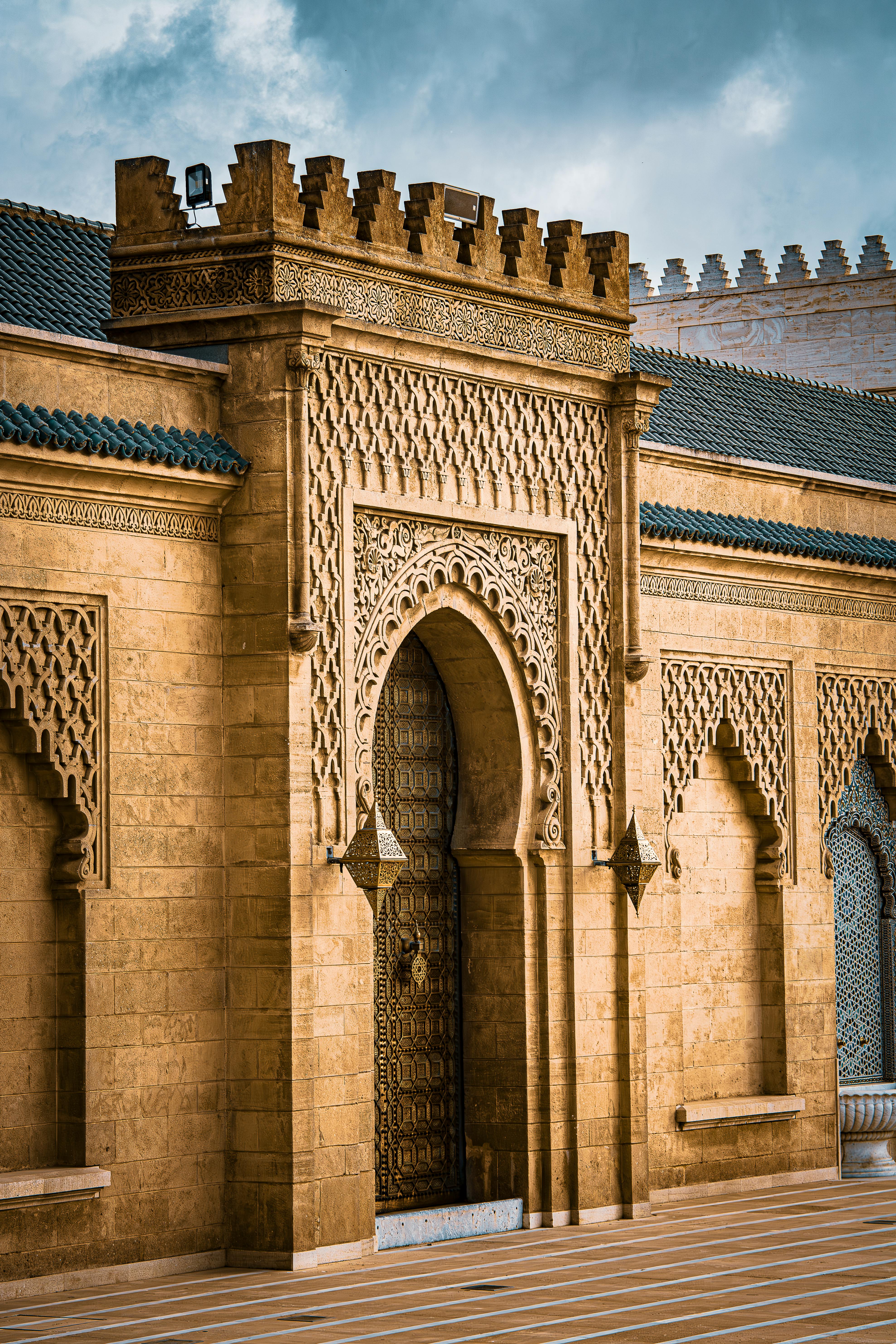
Culinary Experiences in Morocco
Street Food Tour in Fez - Making Couscous Workshop - Private Cooking Class in a Family Home - Farm To Table...
Private Morocco Tours
Morocco Sahara Desert Tours - Morocco Honeymoon vacations - Morocco Family Holidays - Women Morocco Tour and Morocco Luxury...
Morocco Private Day Trips
Roman Ruins in Morocco - Day Trip to Chefchaouen - High Atlas Mountains Day Trip - Sefrou and Bhalil Day Trip - Meknes...
Adventure Activities in Morocco
Sidecars Tour - Dune Buggies - Hot Air Balloon - Camel Riding - Zip Wiring - Mountain Trekking - Rock Climing -...
Wellness Retreat Morocco
Morocco Yoga Retreats - Morocco Spa Treatments - Moroccan Hammam - Luxury Wellness Holidays - Retreats in Morocco -...
Arts & Crafts in Morocco
Moroccan Pottery Classes - Drumming Workshops - Calligraphy workshop - Weaving Workshop - Moroccan Zellige Workshops - ...
Our dedicated team consists of highly qualified and knowledgeable Moroccan experts
and travel consultants, who have spent years working in the tourism field to
seek out the best travel experiences
We are Female owned and
operated, fully insured; offering Moroccan guided insider experiences and
individualized tours for all people of all age groups
We provide our guests with exceptional attention from the first
correspondence and throughout their visit guaranteeing lifelong memories

ATMs are the easiest way to withdraw local currency. The official currency of Morocco is the dirham (MAD) or "DH". Dirhams are available in banknotes of 20, 50, 100, and 200. Coins are available in denominations of 1/2, 1, 2, 5, and 10 dirhams.
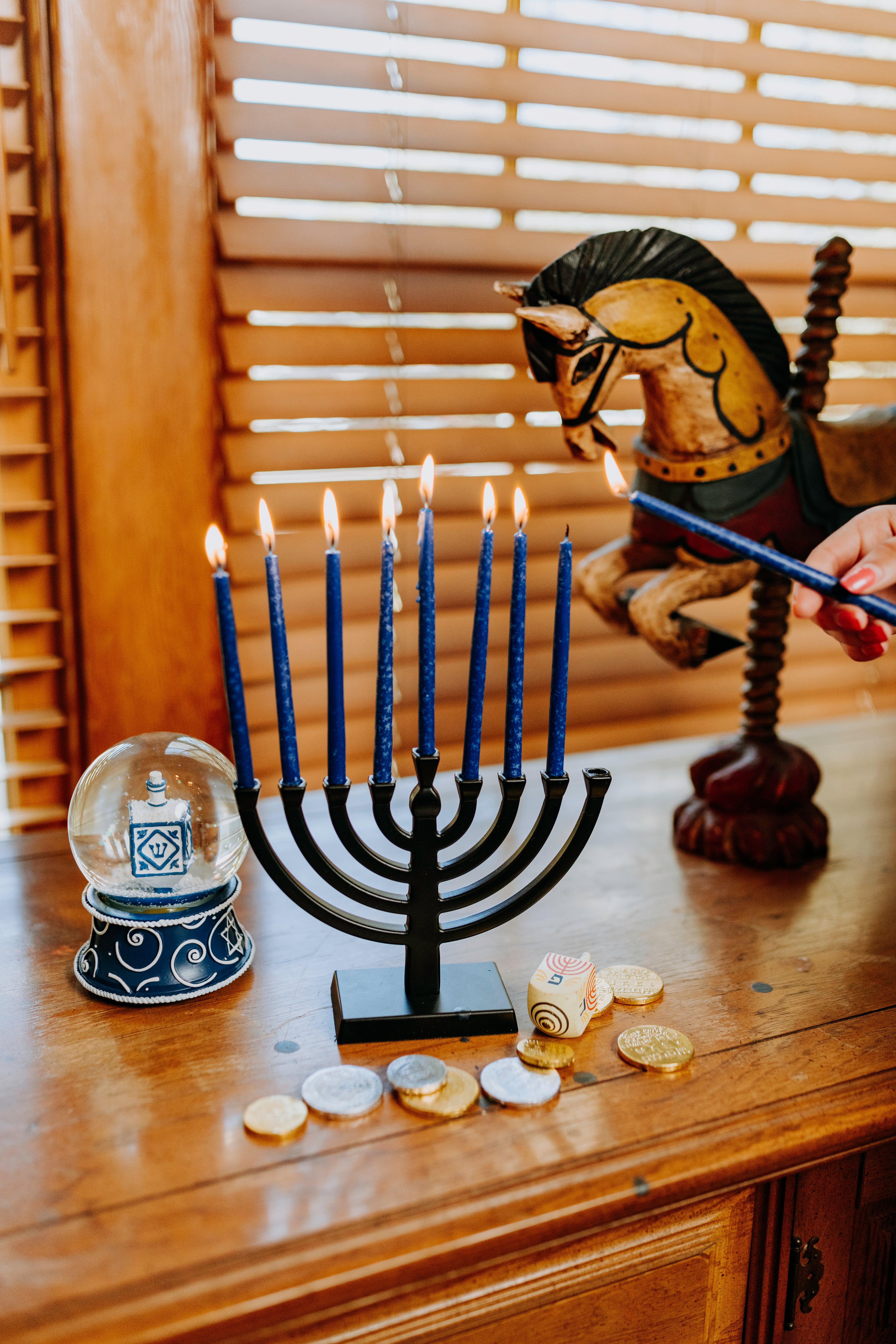
Discover Morocco's Jewish Heritage Sites including Synagogues, Cemeteries, Mellahs, Museum of Moroccan Judaism and other sacred sites. Learn about the country's Jewish communities and the places where they lived.
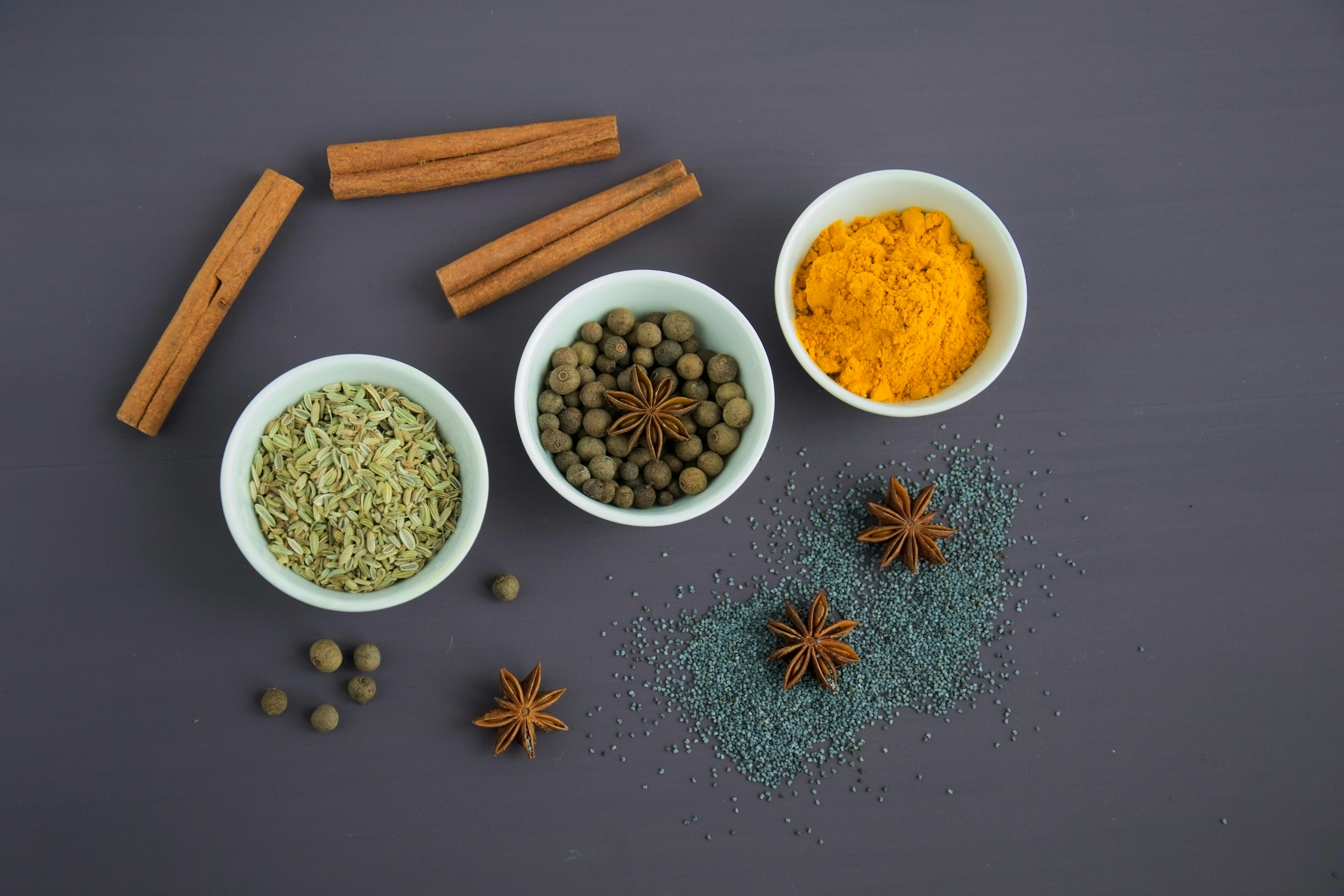
Cuisine of Morocco is considered to be one of the best in the world. The Art of Moroccan cuisine and local delicacies is sought after for its remarkable diversity of international influences. Moroccan cuisine can be traced back to the country's long history of its European occupiers and emigration of Spaniards and Jews. The result is a cornucopia of dishes that vary from region to region.
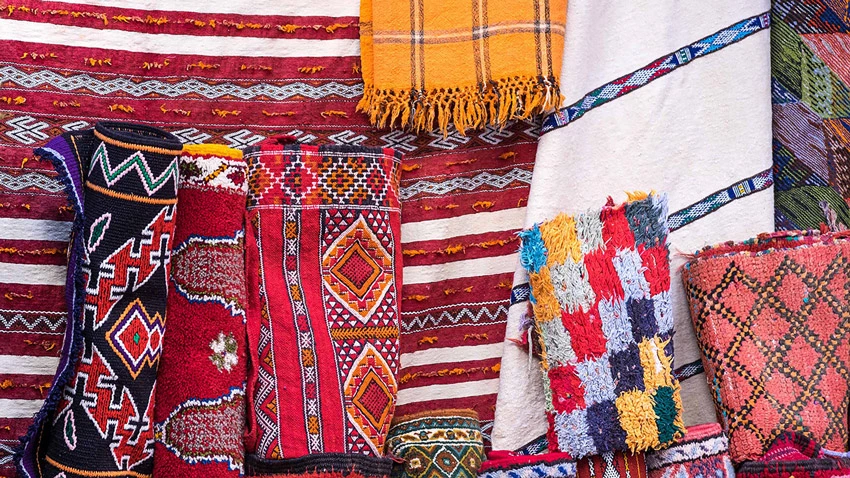
Bargaining in Moroccan souks takes skill. Once you know the secrets it will be fun to practice them with the local shopkeepers. The language will not be a barrier to bargaining since Moroccan merchants can converse in four languages or more.
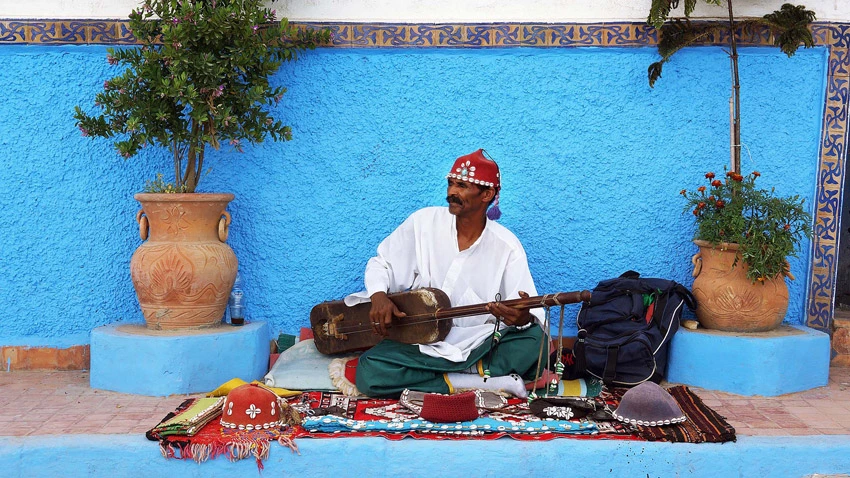
Traveling to attend Festivals and Religious events is one of the best ways to experience a new country and the culture of its people. A wide variety of festivals and religious events in Morocco is offered year-round. From art and culture to music and dance along with religious celebrations, the country has much to offer year-round.
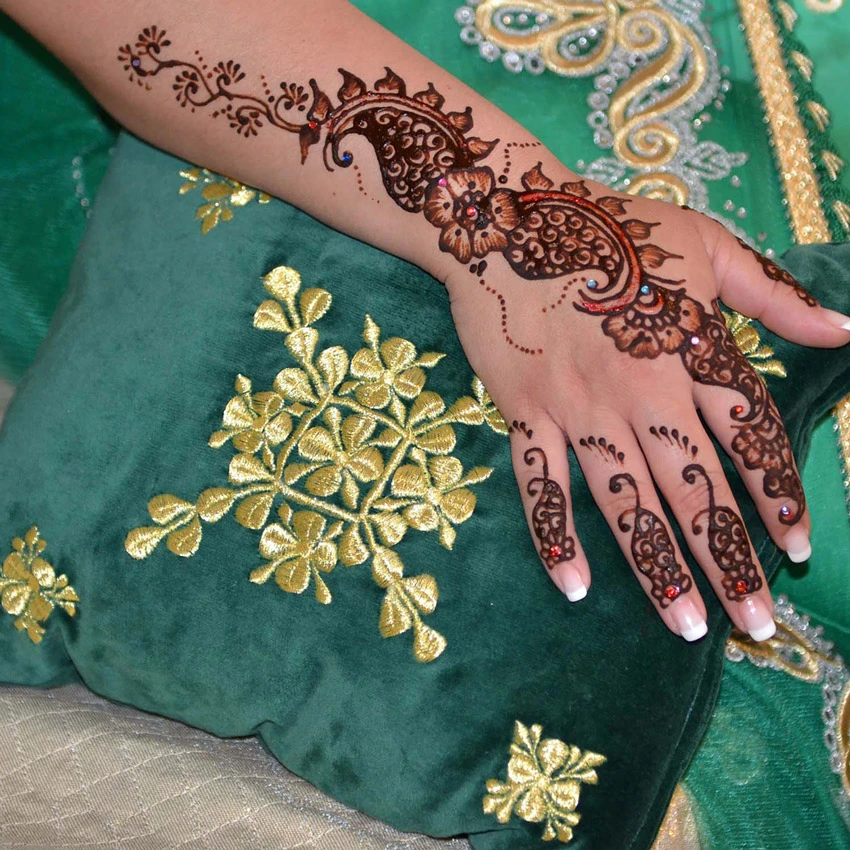
Henna is a plant that grows in the Zagora region of Southern Morocco. It is ground into a fine powder and mixed with warm water or tea, resulting in a darker color whereby the henna becomes a thick, green paste.
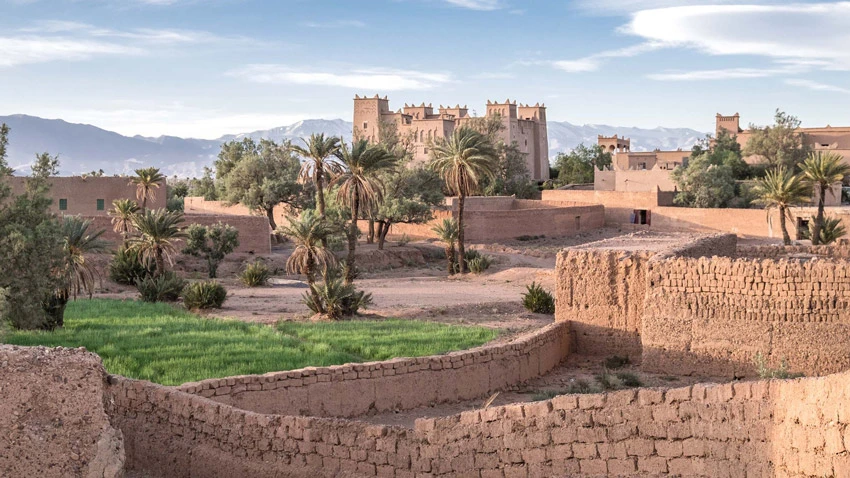
Morocco is home to nine UNESCO World Heritage Sites. This is more than any other country on the African continent. Visiting the UNESCO World Heritage Sites in Morocco will offer exceptional insight into the vast history and culture of the country.
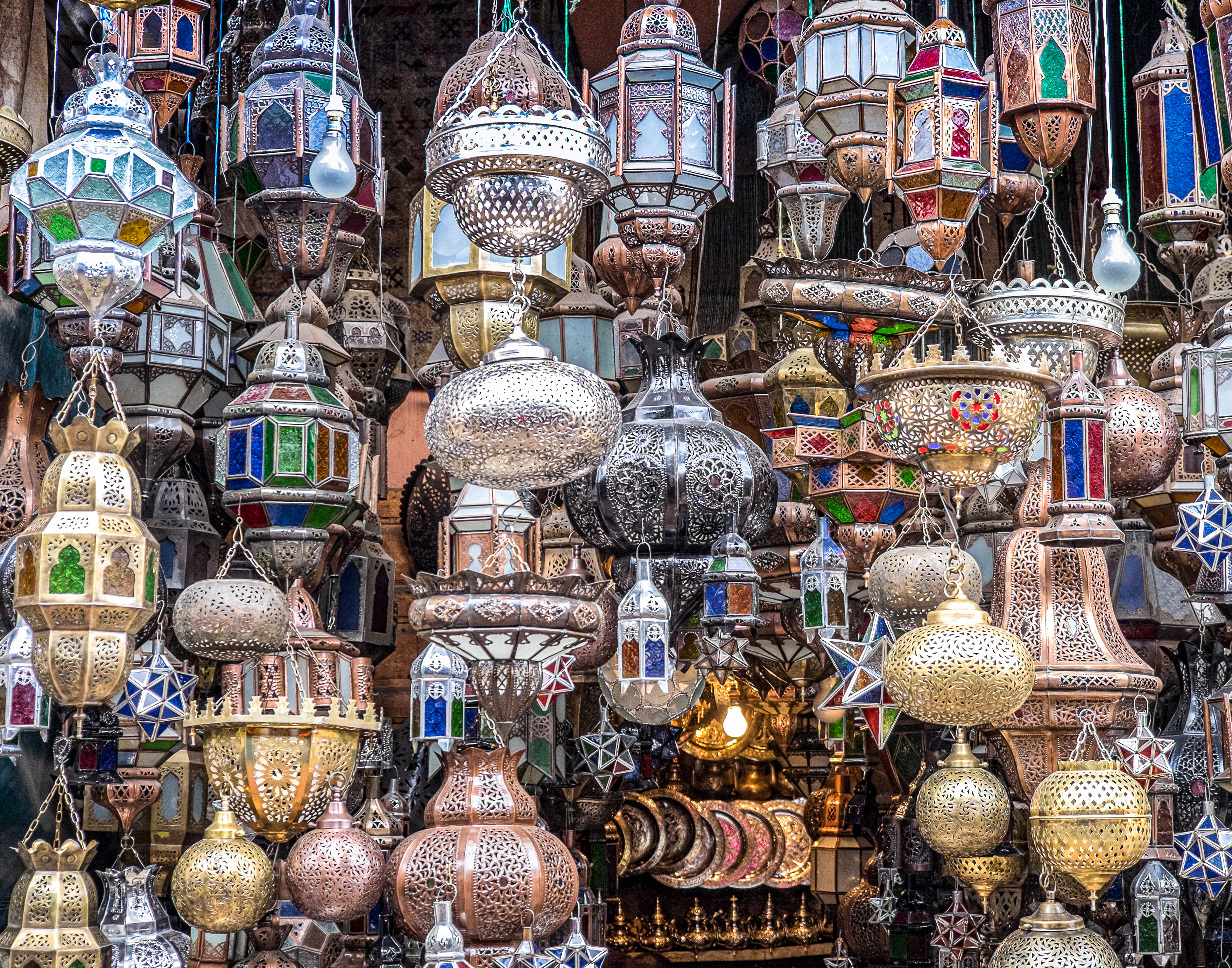
Morocco's top art galleries are placed throughout the country, which makes it an ideal place to explore for art enthusiasts and collectors. Artists throughout the past centuries have been inspired by Morocco, which has resulted in famous Moroccan paintings artworks including landscape scenery, village life, the souks, and other hidden jewels of the culture within their works.
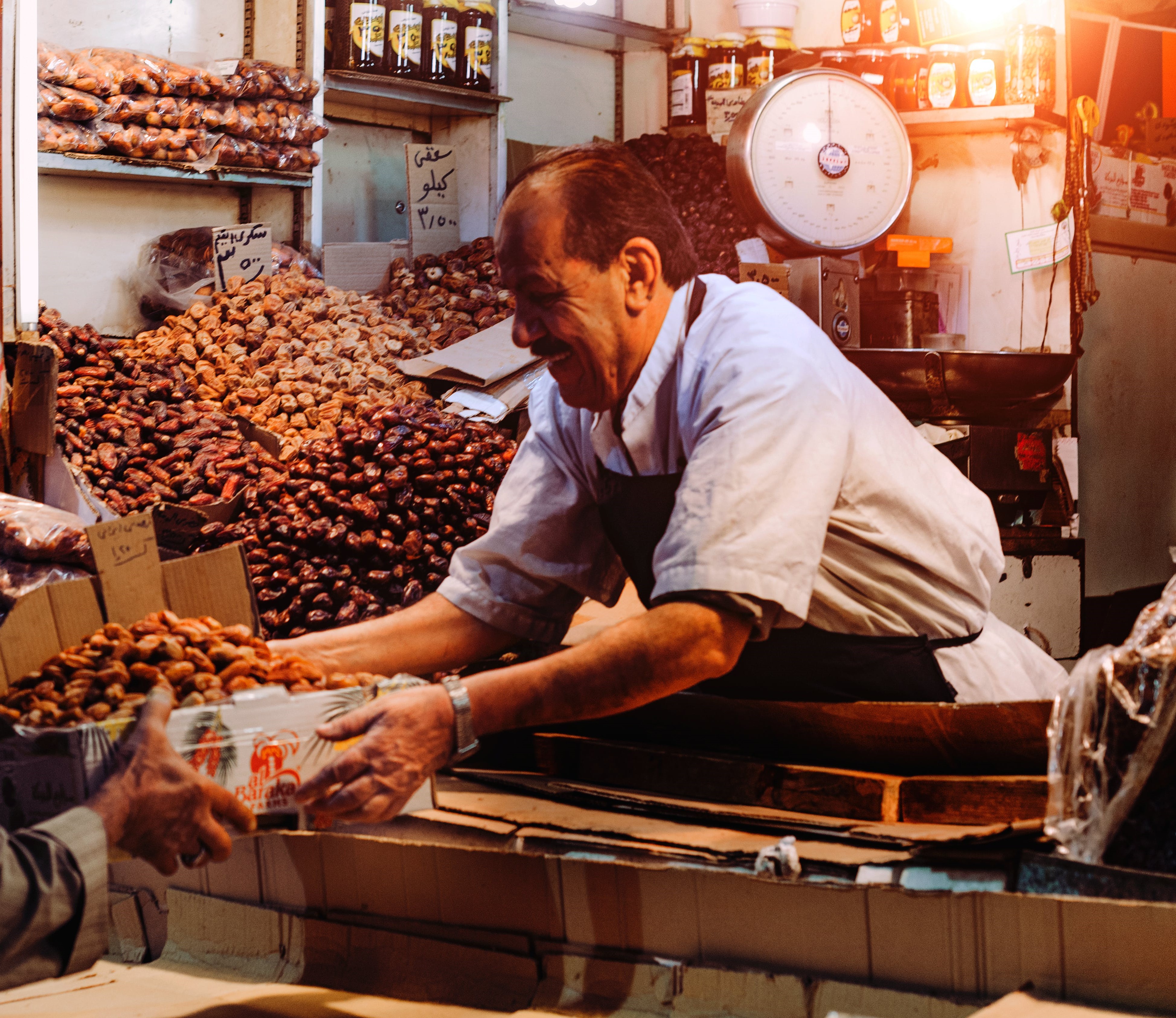
Morocco is known for producing a high quality dates. This dried fruit plays a crucial role in society both culturally and agriculturally. Moroccan dates are a major source of income given there are so many varieties. This also holds true for the region of North Africa and the Middle East. Moroccan dates are also used regularly in cuisine during religious celebrations and are known for their high nutrient content.
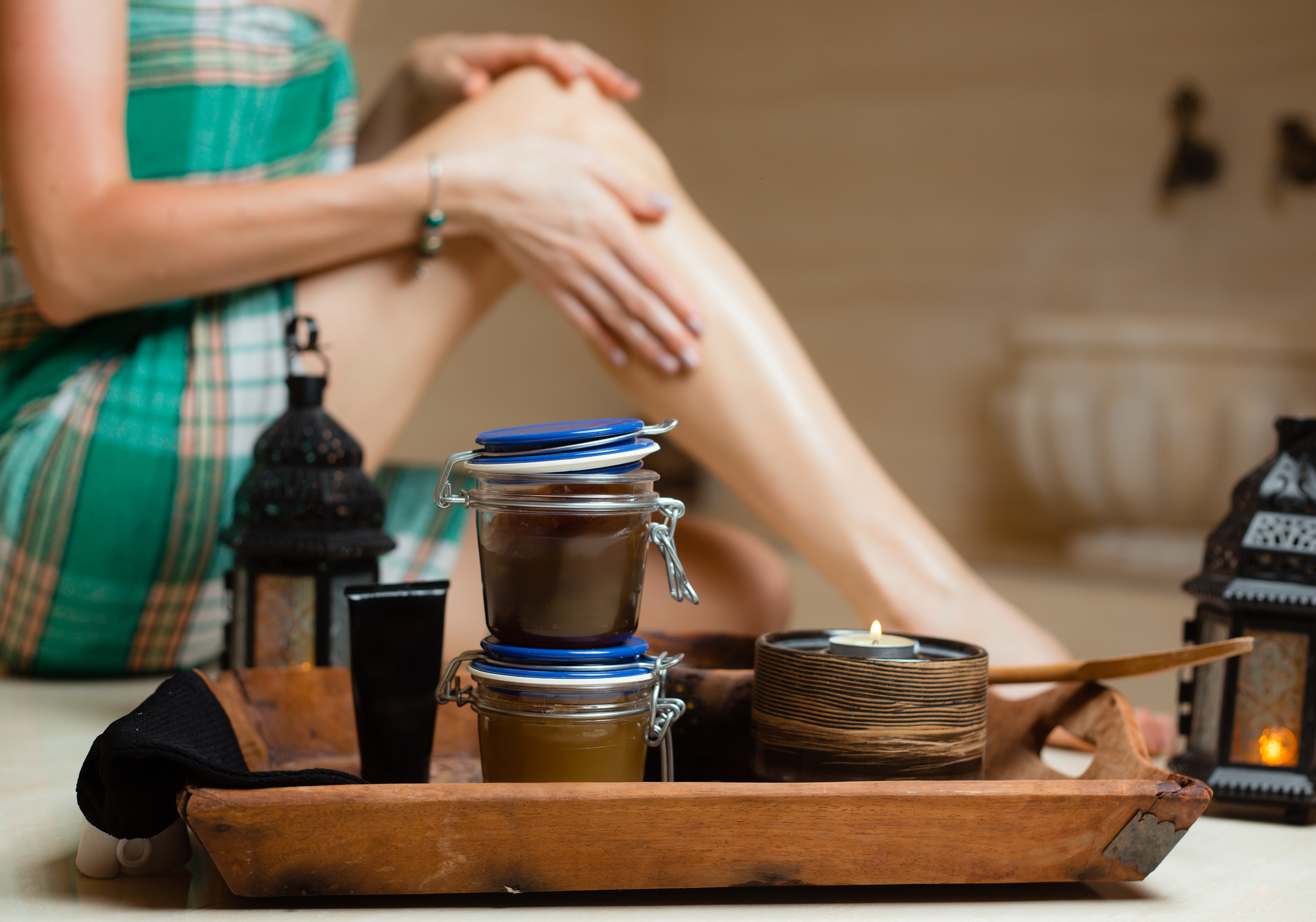
Moroccan Hammams were inspired by Roman bathhouses created over 2,000 years, designed to increase public hygiene in ancient times. The Roman influence can also be seen in Moroccan culture and architecture, particularly within the traditional-built Moroccan Hammams.
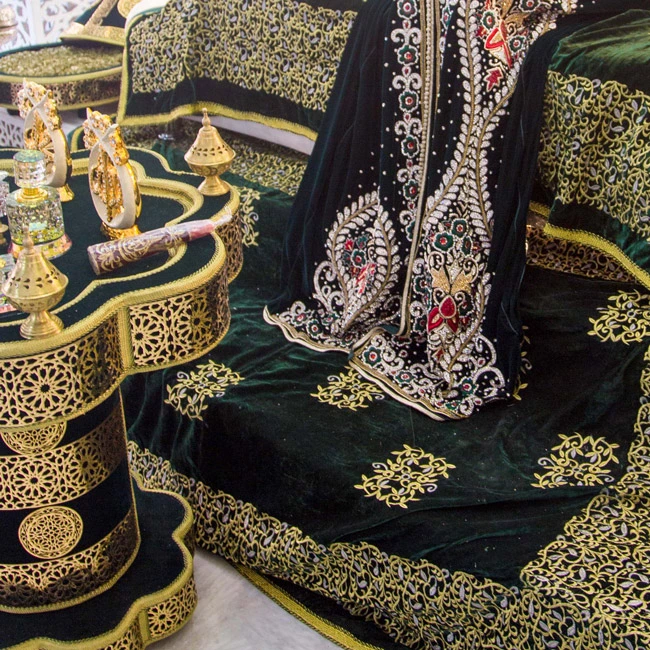
Every culture symbolizes the marriage of a couple with a unique wedding ceremony. Traditions and rituals differ from one country to another, but in general, most weddings involve social gatherings, gift-giving, traditional dresses, local food, and music. Morocco is no exception.
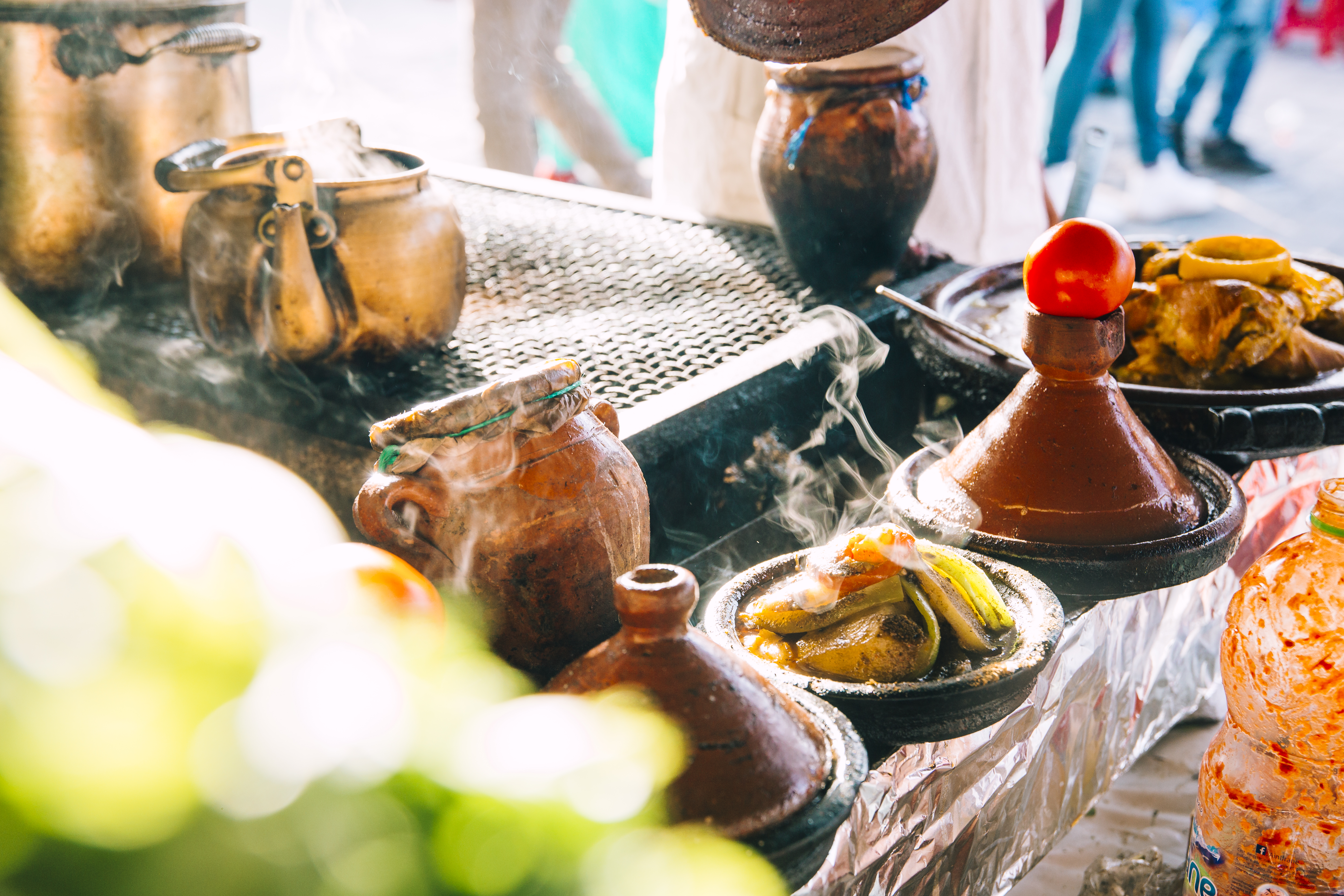
Morocco has some of the most delicious foods on earth. Discover them through our list of the best street food tours in Morocco! Morocco is known for its delicious food and cuisine. It is also home to many great food tours that will take you to places where you can sample traditional Moroccan dishes.
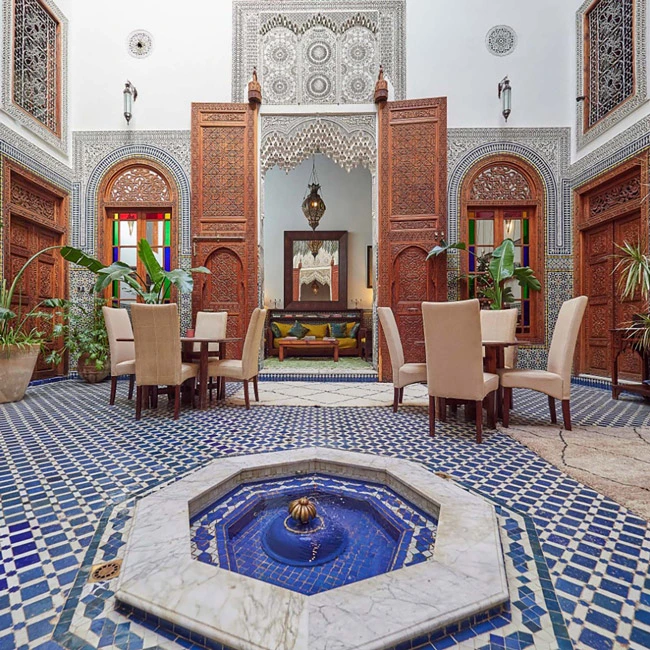
Looking for the Best Restaurants in Morocco? Our list of Morocco's top picks recommended restaurants is those that are sought after by travelers to dine at for their quality of food, stunning views, popularity, and unique interiors.
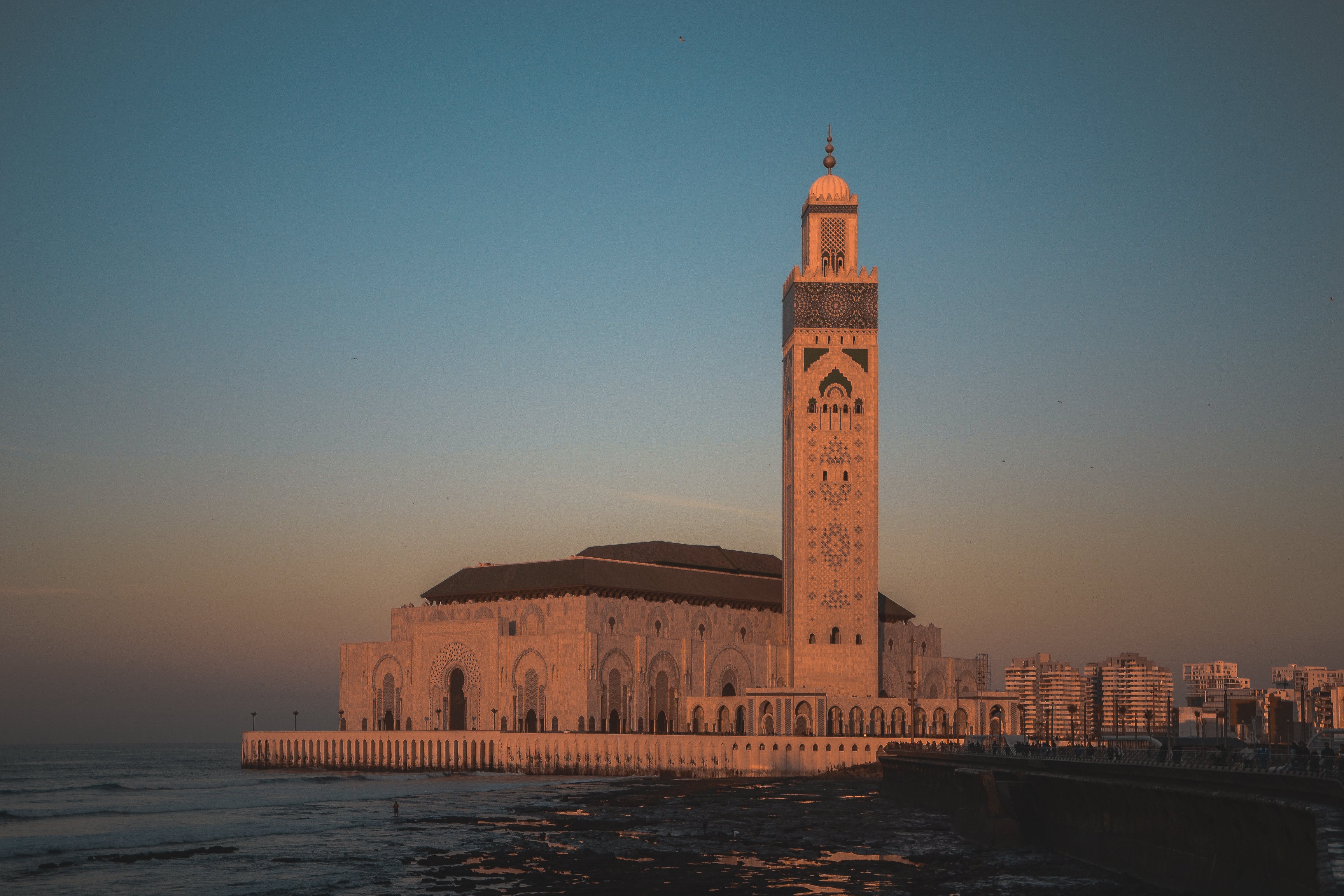
Are you looking for a travel experience that combines culture, history, gastronomy, adventure, and beautiful landscapes? If the answer is yes, then Morocco is your next destination. Morocco is a diverse country with imperial cities, golden Sahara Deserts, stunning beaches, the Highest Mountains peak, warm hospitality, authentic cuisine, and many other treasures to discover. Here we introduce reasons why to visit Morocco and what is Morocco best known for.
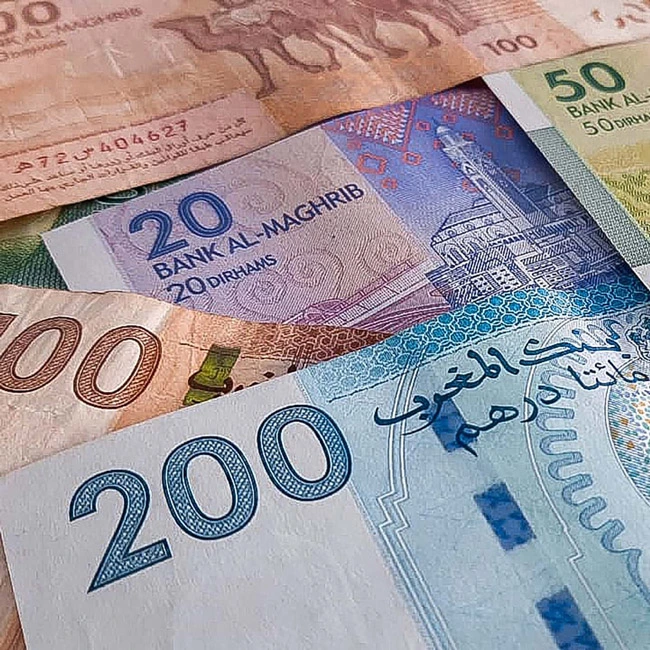
Tipping in Morocco is part of Moroccan culture. Tourism drivers, licensed guides, waiters at restaurants, and porters at hotels, all anticipate receiving gratuity for their services. While gratuity tipping is not mandatory it is proper cultural etiquette to offer gratuity to those who serve you.
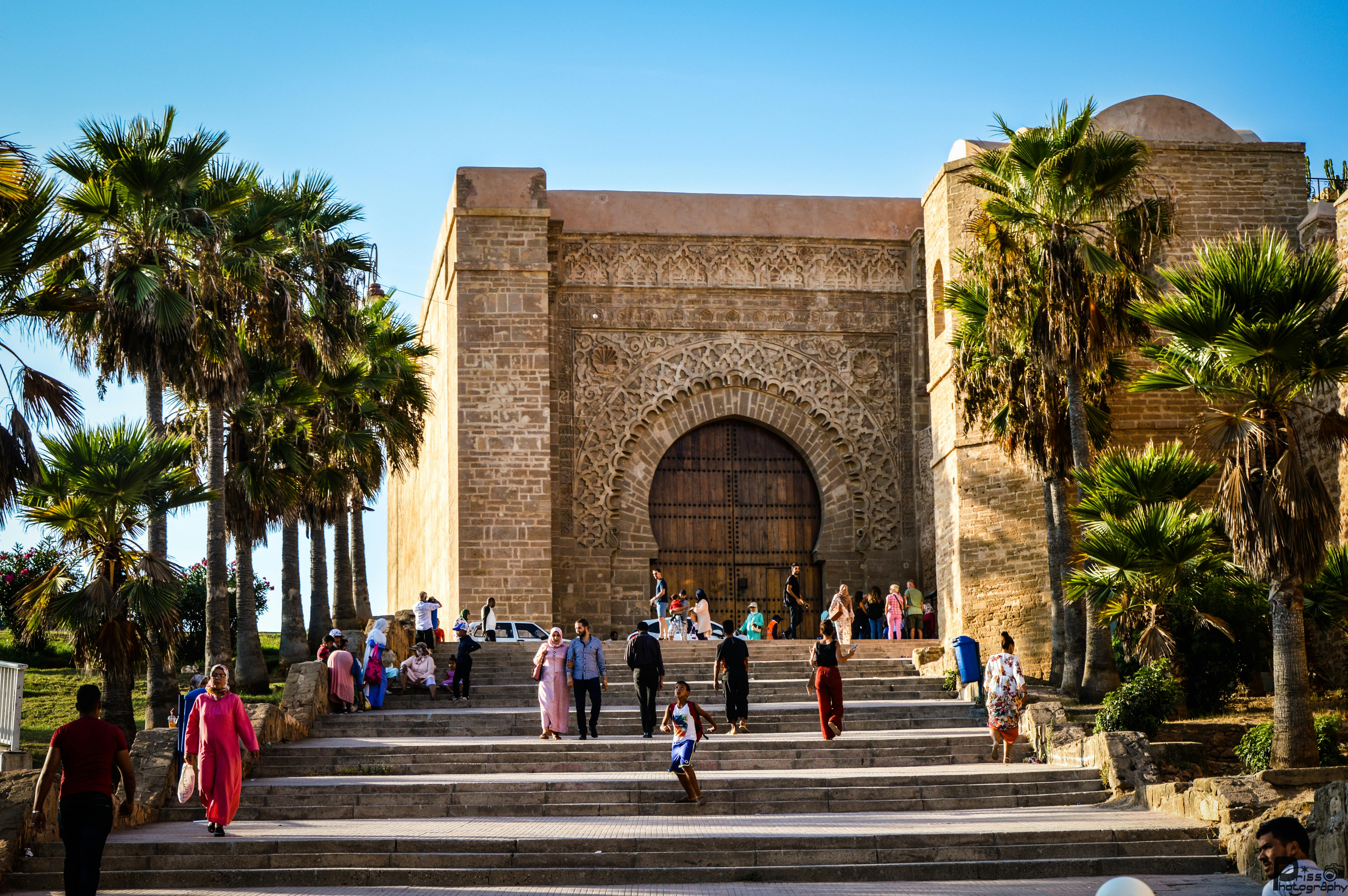
Breathtaking landscapes, fascinating history, delicious food, nomadic life, colorful streets, aromatic senses, relaxing beaches, stunning Mountain ranges, and more. All of these make Morocco the best destination for all travelers and reasons why Morocco should be on your bucket list! Here we introduce the best things and activities to do in Morocco.
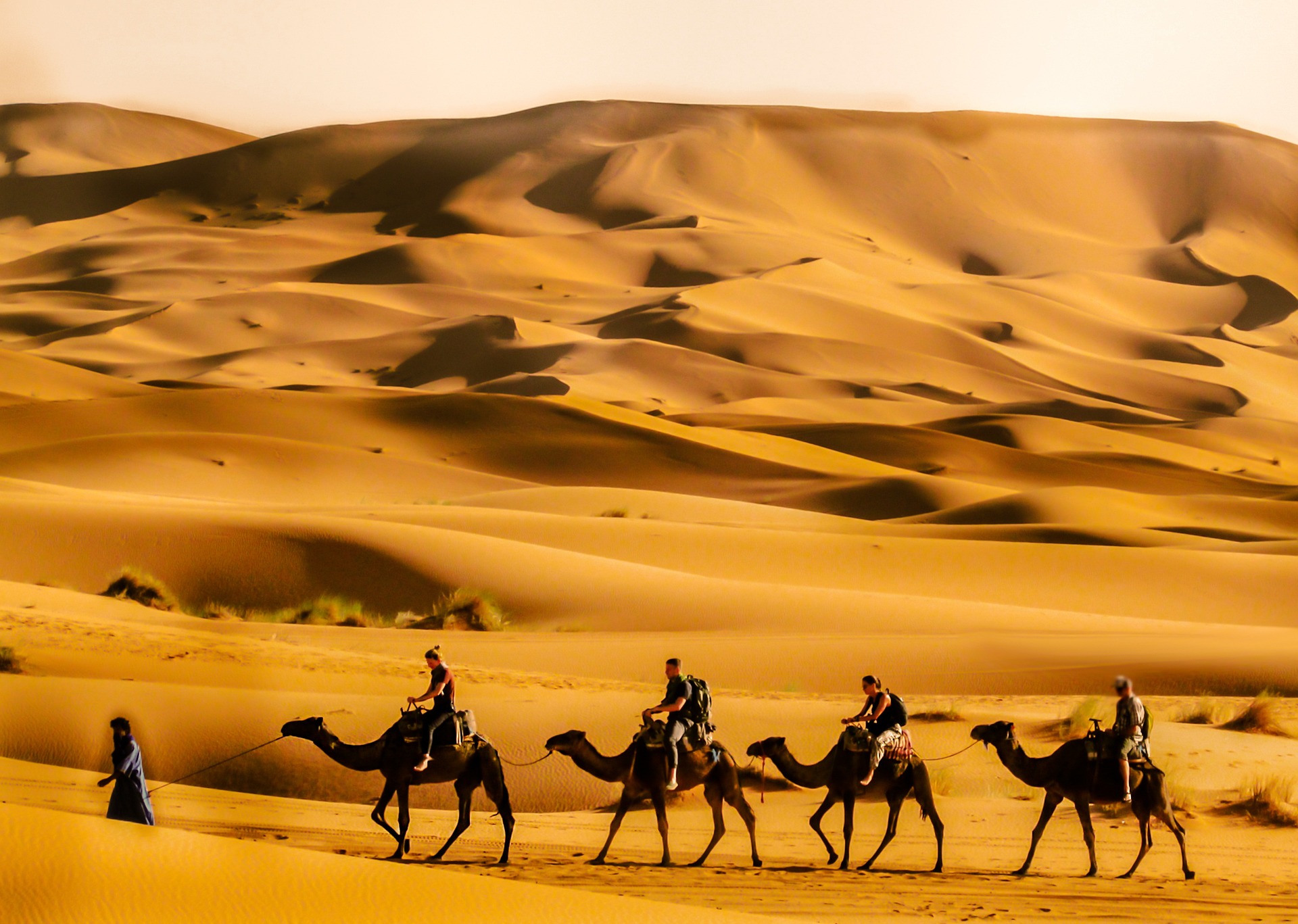
Get Ready to explore Morocco like never before! With this interactive Morocco map, you will be able to see where the cities are located.
Morocco is a country located in North Africa on the Atlantic and Mediterranean coasts sharing international borders with Algeria, Mauritania, and Spain via the Strait of Gibraltar.
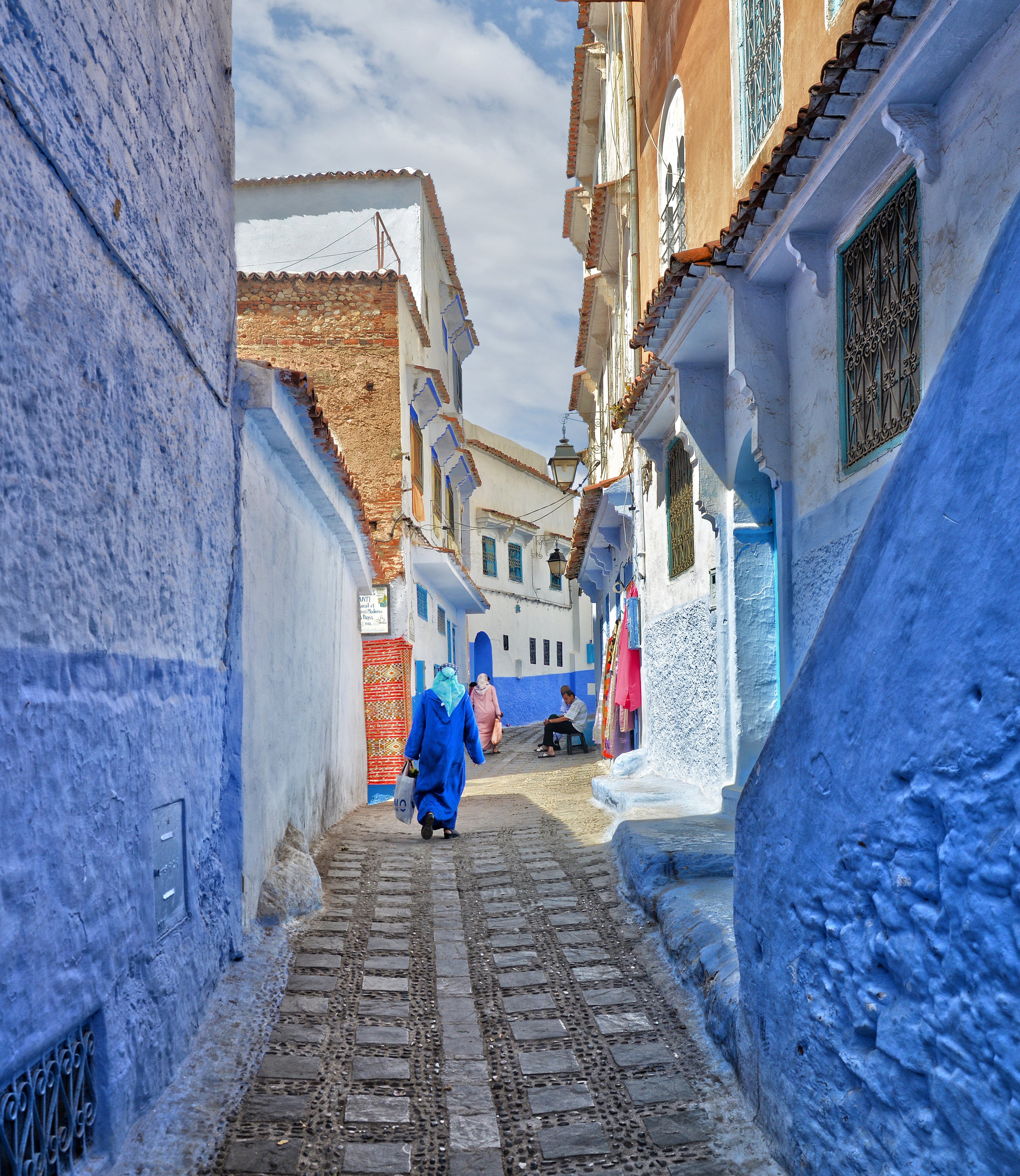
Traveling with children is always fun, but sometimes it is hard to know where to go or what to do. We have compiled a list of our favorite activities for families in Morocco.
Morocco is one of the most popular destinations for families looking to travel abroad. This country has so much to offer families who want to travel together. There are plenty of activities to do when you are there.